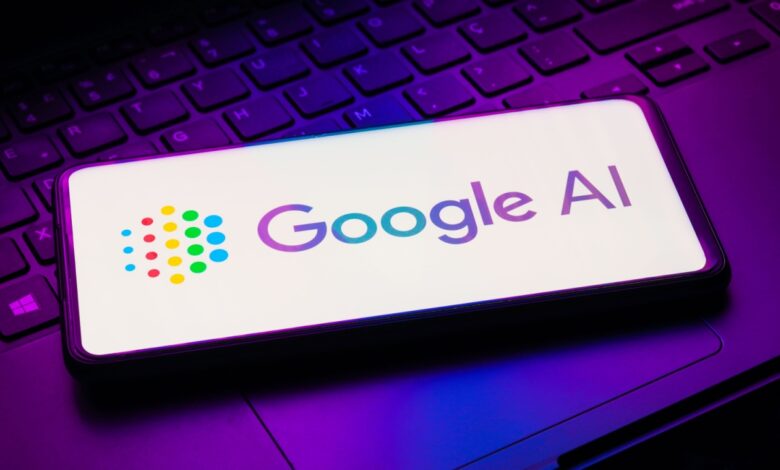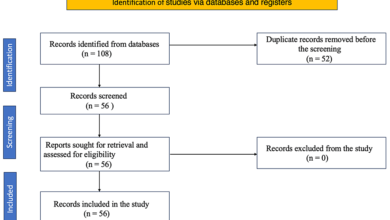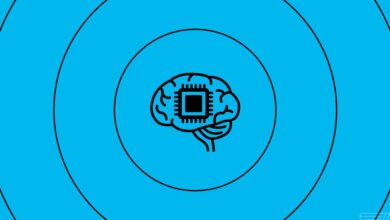Google’s in-House AI Development May Be Competitive Edge

Microsoft is reportedly effectively outsourcing its best AI research and development to OpenAI, a move that could have significant implications for the AI landscape.
Todd McKinnon, CEO of cybersecurity firm Okta, told CNBC Friday (June 7) that Microsoft has handed over the development of its best AI tools and software to OpenAI.
This strategic move could be seen as a positive development for arch-rival Google, as that company has focused on its own AI research without relying on outsourcing, according to the report. McKinnon highlighted that Google has been at the forefront of AI research, pioneering the transformers that power today’s generative AI technologies.
There is a concern that Microsoft’s position in the AI field could be reduced to that of a consultancy, the report said. By relying on OpenAI for AI development, Microsoft may lose its ability to innovate and lead in the AI space. McKinnon’s comments suggest that OpenAI is making all the exciting advancements.
Microsoft’s collaboration with OpenAI raises concerns for Google’s position in search, per the report. As internet users increasingly turn to AI chatbots like ChatGPT, which incorporates OpenAI’s technology, Google’s dominance in search could be undermined.
Google has faced its own challenges in AI development, however, with public blunders affecting the performance and reliability of its AI chatbots, according to the report. However, Google’s organic AI research efforts and its pioneering work with DeepMind have positioned them as a strong competitor in the AI field.
AI is a segment of technology that has seen substantial backing from major tech giants. Microsoft’s investment in OpenAI, reportedly reaching $13 billion, has made it a leader in foundation AI models, the report said.
This level of investment has raised concerns about competition and the potential for the biggest companies to control AI, per the report. McKinnon suggests that the swing of regulation may lead to only the most powerful companies being in control of AI, which could hinder progress in the technology.
During an earnings call in April, Microsoft Chairman and CEO Satya Nadella said more than 65% of Fortune 500 companies now use Microsoft cloud computing platform Azure’s OpenAI service.
“Microsoft Copilot and Copilot stack are orchestrating a new era of AI transformation, driving better business outcomes across every role and industry,” Nadella said.



